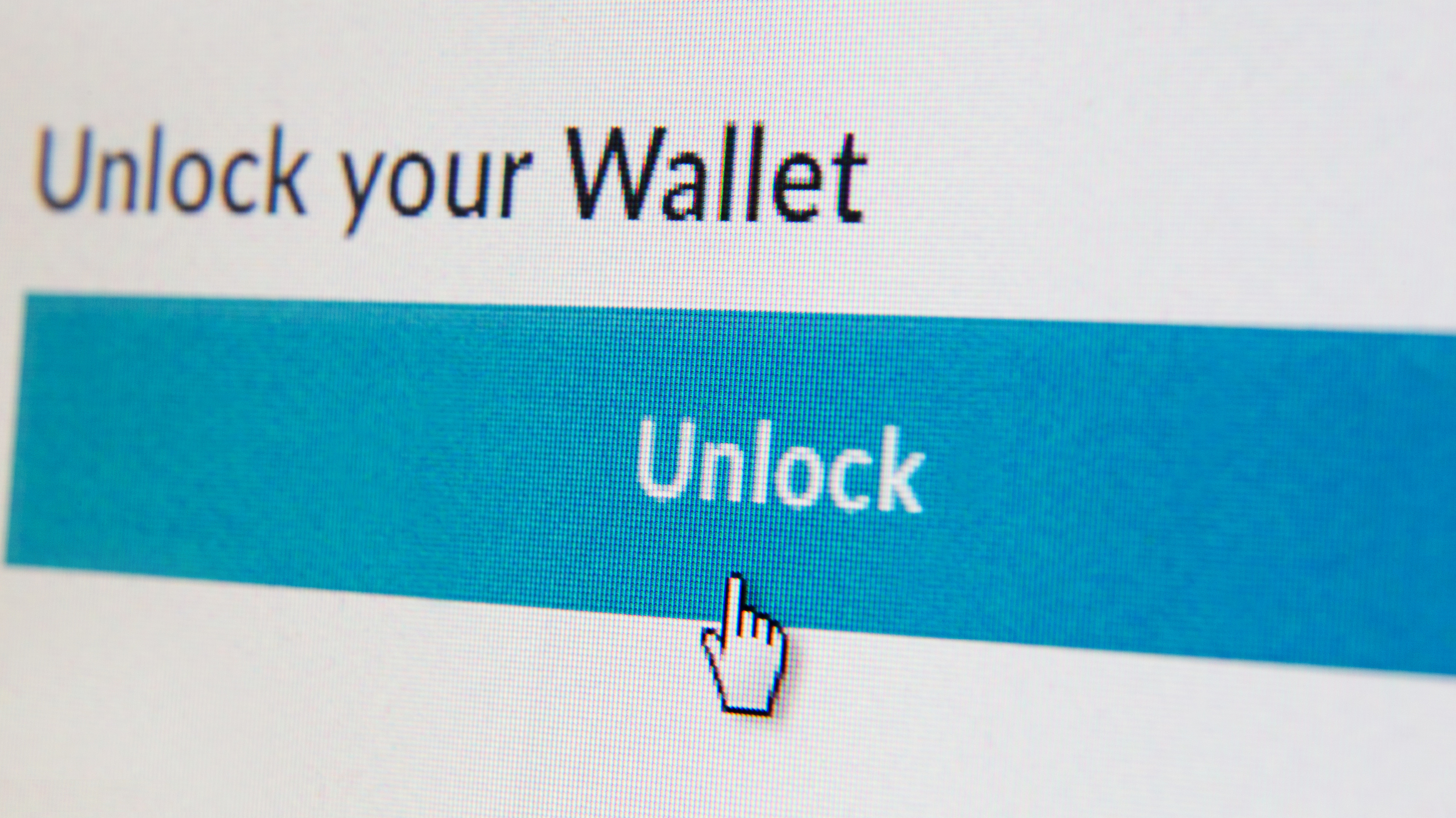By increasing your knowledge of how scammers use phishing tactics and your awareness of anti-phishing techniques, you’ll be able to combat potential threats and protect your personal information.
Financial Stress Causes Vulnerability
Whether you’re unemployed, under employed, or dealing with a difficult financial situation, it’s important to remember that financial distress may result in poor decision making that could lead to lasting damages to your financial reputation. If you’re trying to improve your financial situation through job opportunities or are presented with an incredible offer claiming to relieve your financial woes, exercise caution before taking any action. Falling victim of a scam can cost you financial loss, ruin your credit, and jeopardize your future.
Searching for a Job? Steer Clear of Employment Scams
An employment scam is a ploy that uses fake job postings, bogus emails from recruiting agencies, or other attractive employment opportunities to steal people’s money. This is also known as an advance fee fraud and it takes place when a criminal uses shrewd tactics to get potential job seekers to pay for unconventional job requirements.
Steer clear of employment related scams. Watch for these signs.
- Job postings appear on job boards but not through the company's website.
- Job description is vague or doesn't require particular skills or experience.
- Potential employers require employees to pay an application, background, or job training fee.
- Potential employers make contact through non-company email domains, social media, and teleconference applications.

Fake Check Scams are Hard to Bounce Back from
Using a check to pay for things these days may be rare, but criminals realize paying with a check can be used as façade for financial swindling. This scam takes place when you receive a counterfeit check to cash or deposit into your bank account. The swindler normally sends more than the amount discussed and asks you to send back a portion of the funds using a different payment method. When you deposit a check into your account, the funds are made available, but that doesn’t mean the check is good. It takes time for a fake check to be discovered and when it is, the scammer has already received the money leaving you fully responsible to pay back the financial institution.
There are a variety of check scams in circulation and while the tactics differ, these cons have the same basic results – criminals get fast cash while leaving you on the hook for a bad check.
Don't get tricked by a counterfeit check scam. Watch for these warning signs.
- Someone sends you a check to purchase something, but the amount is more than the price.
- A fake employer interested in hiring you sends you a check as an advance payment or to cover expenses.
- You’re notified of winning a prize and told you need to send back funds for taxes and fees.
Financial Relief Scams - Luring Victims through Fake Loan Offers
During times of financial duress, scam artists are merciless when it comes to taking advantage of innocent victims. A loan scam is a lending offer that is presented under false pretenses. Scammers hook their victims by making big promises they won’t deliver, claim to provide a loan or credit card regardless of your credit history, or will use predatory tactics to hide fees associated with the loan.
Don't get lured by a fake loan scam. Watch for these signs.
-
Lender guarantees approval of the loan with no credit check.
-
Lender requires upfront fees and asks for payments before you can get the loan.
-
Lender is not registered in your state. The Federal Trade Commission (FTC) requires lenders and loan brokers to register in the state in which they conduct business.

What to Do If You've Been Scammed
If you or someone you know has fallen victim to a scam, immediately take these measures to secure your personal and account information.
- Contact us immediately at 855.889.4328, stop by your local branch, or email us at psfcu@peachstatefcu.org.
- Contact your other financial institutions immediately and request a new account number and/or credit card number.
- Contact the FTC and file a fraud report at https://reportfraud.ftc.gov/#/.
- Place a credit freeze on your credit report through each credit reporting agency.
- Reset passwords to all compromised accounts or accounts linked to your payment information.
- Set up account alerts for Online and Mobile Banking.
Contact Peach State for Help
Anyone can get tricked by a scam, but some people are at greater risk than others. If you're in a difficult financial situation or conduct a lot of business online (shopping, banking, or leisure), you may be at a higher risk. Today’s scammers are more sophisticated, moving beyond classical techniques and targeting susceptible people. The best way to lower your risk is to educate yourself on common scam red flags and taking preventive measures to keep personal and financial information secure.
Falling victim to a financial scam can put your identity at risk, cost you thousands of dollars, and ruin your credit which can take years to recover. If you’re feeling financially stressed, contact us first, a trusted local credit union, for legitimate solutions for untangling debt. Learn more about scams and fraud prevention tips at peachstatefcu.org/blog/tag/fraud-prevention.




